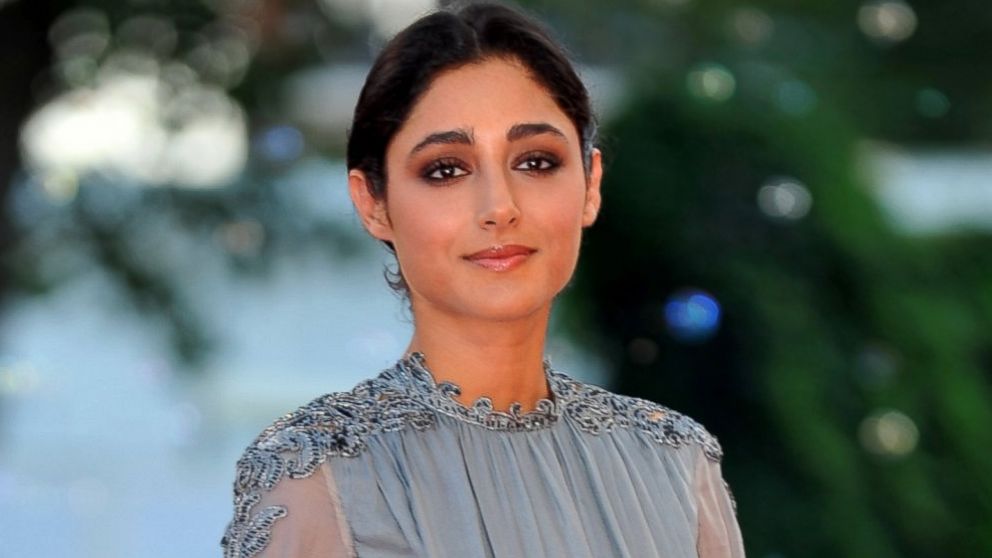Ingenue in Exile: Why a Hollywood Star Can't Go Home
Golshifteh Farahani's Hollywood success has prevented her from returning home.

Oct. 20, 2013— -- Actress Golshifteh Farahani is well on her way to global fame as a Hollywood star. But her work has forced her into exile from her home country of Iran, where she believes she will never live again.
Anything actress Golshifteh Farahani does can become a political issue -- what she says, where she shoots her films, with whom she works, with whom she doesn't work, whether she wears a headscarf or not. Hardliners in Tehran could conceivably even take it as a provocation that Farahani chooses to meet SPIEGEL for an interview at the cafe in Paris' Hotel Amour -- a hotel that was once a brothel.
But for Farahani, freedom means no longer having to constantly consider how the things she does might be judged by the morality police in her homeland of Iran. Farahani, 30, is her country's most famous actress. She's known in the West for a role opposite Leonardo DiCaprio -- and for the way she's fallen from the favor of the Iranian regime. She has been living in exile in Paris for four years now, just a few streets away from the Hotel Amour, which these days is a popular meeting spot for locals and tourists alike, including Farahani, who is a regular here.
"I don't want to be a political figure," Farahani says. "I hope I'm not one." Then she relates stories of secret police interrogations in Tehran, of being offered a role that caused a brouhaha at the US State Department and of a career that in recent years has taken her around the globe -- to New York, Los Angeles, Berlin, Cannes, Venice and Morocco, but no longer to Tehran, where her parents live. Going there would be too risky.
Golshifteh Farahani looks like a model and speaks like a civil rights activist with nothing to lose -- eloquent and passionate in her nearly perfect English. She only wears a headscarf now when a role calls for it, for example in the film adaptation of "The Patience Stone," which came out this month in German cinemas after making the international festival circuit.
A One-Woman Show
Set in Afghanistan, the film is essentially a one-woman show, a manifesto told in gorgeous images. Farahani portrays a mother of two caring for her injured husband. The man, much older than her, lies on a mat in their home with a feeding tube running from a plastic bag to his mouth. He is unconscious, left in a coma by a bullet to the neck, but his eyes are oddly wide open. Gunfire can often be heard outside the house.
"Can you hear me?" the woman asks her husband. There's no answer, but she continues to talk. "I've had enough of praying," she says. She talks about herself, about him, about their marriage when she was 17, about her secret wishes and desires, about sex, about all the things that remain unsaid in many relationships, in the West too.
A silent man and a talkative woman -- some Europeans with a bit of life experience might see this as the basis for a happy marriage, or at least the stuff of a successful comedy. But in Afghanistan, a woman can end up in mortal danger for opening her mouth.
Atiq Rahimi, director of "The Patience Stone," was born in Kabul and now lives in Paris. He also wrote the novel on which the movie is based, for which he was awarded the Prix Goncourt, France's most important literature prize, in 2008. Rahimi had doubts at first about casting Farahani. "Her beauty initially gave me cause for concern," he says, concern that the story "would become secondary."
"That's meant as a joke," Farahani asserts. "He couldn't imagine me as a woman suffering."
An Artistic Family




